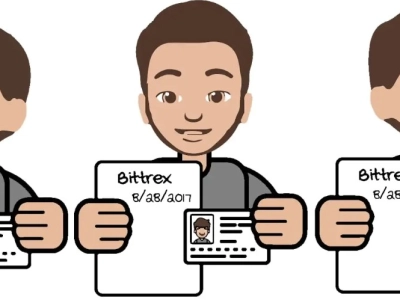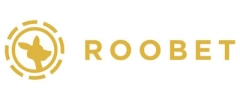In the vast landscape of online gambling, the term "No KYC offshore casinos" describes a specific and increasingly popular category of gaming sites that operate outside the traditional, heavily regulated financial and legal frameworks. For players, especially those in the United States, understanding what this term means is crucial for navigating the risks and potential benefits.
Deconstructing the Term: "Offshore" and "No KYC"
To grasp the full picture, let's break down the two key components:
1. Offshore Casinos: An "offshore" casino is an online gambling platform that is based and licensed outside of the player's own country. For a player in the United States, any casino that is not licensed and regulated within a specific U.S. state (like New Jersey, Pennsylvania, or Michigan) is considered offshore. These casinos typically hold licenses from international jurisdictions such as Curaçao, Costa Rica, or Panama. They operate legally within the country of their license but are not subject to U.S. laws and consumer protections.
2. No KYC (Know Your Customer): "KYC" or "Know Your Customer" is a mandatory process for most financial institutions and regulated online services, including state-licensed U.S. casinos. It requires businesses to verify the identity of their clients to prevent fraud, money laundering, and underage gambling. This process usually involves submitting personal documents like:
- A government-issued photo ID (driver's license, passport)
- Proof of address (utility bill, bank statement)
A "No KYC" casino is one that deliberately bypasses this verification process. It allows players to sign up, deposit funds, and play games without submitting any personal identification documents, often requiring only an email address and a password.
How Do No KYC Offshore Casinos Operate?
The operational model of these casinos is built on two pillars: anonymity and accessibility
- Cryptocurrency as the Engine: The primary mechanism that allows for the "No KYC" process is the use of cryptocurrencies. By conducting transactions in Bitcoin (BTC, Ethereum (ETH), Litecoin (LTC), or other digital currencies, both the player and the casino can operate without involving traditional banks. This severs the link to personal identities and banking information that would normally trigger KYC requirements.
- Minimalist Registration: The sign-up process is designed to be as frictionless as possible. Without the need to upload and wait for document verification, a player can create an account and start playing within minutes.
- Offshore Licensing: By holding a license in a jurisdiction with more lenient regulations, these casinos are not legally compelled to enforce the strict KYC protocols required in markets like the U.S. or the UK.
Why Do Players Seek Out These Casinos?
Players, including those in the U.S., are drawn to No KYC offshore casinos for several key reasons:
- Privacy: It is the number one appeal. Players can gamble without linking their activity to their name and personal financial records.
- Speed and Convenience: The ability to sign up and start playing almost instantly is a major draw compared to the multi-step verification process at regulated sites.
- Accessibility: For players in U.S. states where online gambling is not yet legalized, offshore casinos are often the only option available.
- Fewer Restrictions: These platforms may offer higher deposit limits and bonuses that are less restrictive than those found on regulated sites.
The Significant Risks for U.S. Players
While the benefits may seem attractive, engaging with No KYC offshore casinos is fraught with considerable risk. As of August 2025, the U.S. online gambling market is a patchwork of state-by-state regulations, and playing on offshore sites leaves you completely unprotected.
- No Legal Recourse: If a casino decides to withhold your winnings, close your account, or suddenly shut down, you have virtually no legal options. U.S. courts have no jurisdiction over a company based in Curaçao, and these licensing bodies often provide little to no support for player disputes.
- Questionable Fairness: State-licensed U.S. casinos are required to have their games and Random Number Generators (RNGs) regularly audited by independent testing agencies to ensure fairness. Offshore casinos are not subject to these stringent requirements, meaning there is no guarantee you are playing a fair game.
- Lack of Responsible Gaming Tools: These sites operate outside the robust responsible gaming frameworks required in regulated U.S. markets. They often lack effective self-exclusion tools, deposit limits, and other features designed to protect players from developing gambling problems.
- Financial and Security Risks: You are entrusting your money (often in the form of cryptocurrency) to an unregulated foreign entity. There is a higher risk of encountering fraudulent sites designed simply to steal deposits.
In conclusion, No KYC offshore casinos offer a fast, anonymous, and accessible way to gamble online. However, this convenience comes at the steep price of forgoing all the consumer protections, legal recourse, and guarantees of fairness that are legally mandated in the regulated U.S. market. For players in the United States, the safest choice is always a casino licensed by their own state's gaming authority.



















